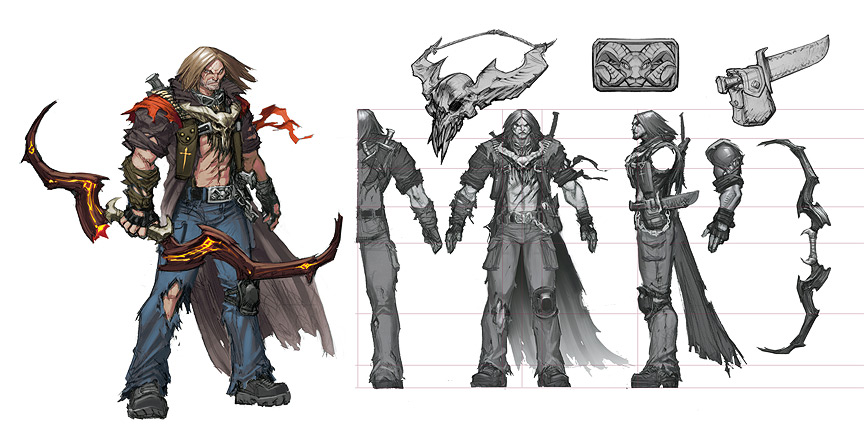

The song featured on The Matrix’s soundtrack album, back when soundtrack albums actually made money. Rammstein appeared in Condé Nast’s lifestyle monthly Details Magazine, replete with their Du Hast masks and Flake on the floor, shirtless and sporting a ball gag.
#Du hast strife cracked#
Sehnsucht cracked the US Billboard Top 50 – a gargantuan feat for a German-language heavy metal album that not only features an ode to a dying vagina, but also a song about sodomy. Thankfully, the original version prevailed. “We did it, and then we were listening to the song, and all of a sudden the whole song didn’t work anymore,” Richard told Metal Insider in 2018. The flow, the charm, the emotion is lost. Despite Till saying that writing Rammstein songs in English is "like asking the Buddha to kill a pig or something”, some Japanese, US and Canadian editions of Sehnsucht do carry English-language versions of Du Hast and its other heavyweight single, Engel. This steely, seemingly uncompromising effort from Rammstein is actually the one moment when they second-guessed themselves, though. The novelty of the rolled ‘r’ sounds, the unabashed way in which the band embraced their inherent Germanic qualities, the mental video is what drew people in. US radio got its claws on the single in the summer of ‘97, which snowballed into MTV coverage – the track’s iconic, revenge-fueled video video actually saw the network sack off a new Smashing Pumpkins single, in order to bump Rammstein up to a heavy-rotation slot. Naturally, the American public were none the wiser. The 10 worst Rammstein songs (opens in new tab).Rammstein: the story behind their debut album Herzeleid (opens in new tab).Or, it can mean: ‘Do you want her, until the death of the vagina – and also love her during bad days?’ Coming from the man who, twelve years later, wrote a song with the chorus, ‘You’ve got a pussy, I have a dick, so what’s the problem, let’s do it quick’, our money’s on the fruitier translation. But then, in the penultimate refrain, Till switches it up: ‘Willst du bis zum Tod, der Scheide, Sie lieben auch in schlechten Tagen?’ Depending on where you apply stress to that sentence, it can mean: ‘Do you want her, until death separates you – and also love her during bad days?’ Written as above, that line in the chorus does suggest something soppy and nuptial. And for me, this song is a bit like that promise of faith we know from weddings, that’s kind of been integrated into this family.” We have a strong awareness, a strong sense of tradition in this band. “This song is actually about a kind of loyalty,” said Richard at the time. It’s ambiguous, as is the chorus, which you’ve no doubt mangled in an abattoir of vowels whenever you’ve sung it: ‘Willst du bis der Tod uns scheidet, Treue sein für alle Tage.’ Which, roughly translated to gibbon’s English, is something along the lines of: ‘Do you want, until death separates you, to be faithful to her for all days?’ Wedding vows, essentially. It’s within this relative simplicity where Till hides his lyrical dexterity, which is often missed by us English-speaking pillocks. Its pounding, militaristic drumbeat supports a riff reminiscent of Ministry’s Just One Fix, but less heroin-y Till’s rich, bassy voice juxtaposes Christian ‘Flake’ Lorenz’s cheeky, video-games-meet-goth-club synthesisers across the song’s four-minute duration. They must have done something right, as Du Hast came fully-formed from those sessions, flying in the face of the nu metal revolution rolling across the globe bands like Korn, Limp Bizkit and, lest we forget, Insane Clown Posse had captured the zeitgeist, dressed it in baggy jeans and forced it to chug two pints of Faygo.ĭu Hast fit right in, by virtue of sounding nothing like any of those bands. The 12 best Rammstein videos (opens in new tab).Rammstein: The birth of a legend (opens in new tab).(Image credit: Niels van Iperen/Getty Images)


 0 kommentar(er)
0 kommentar(er)
